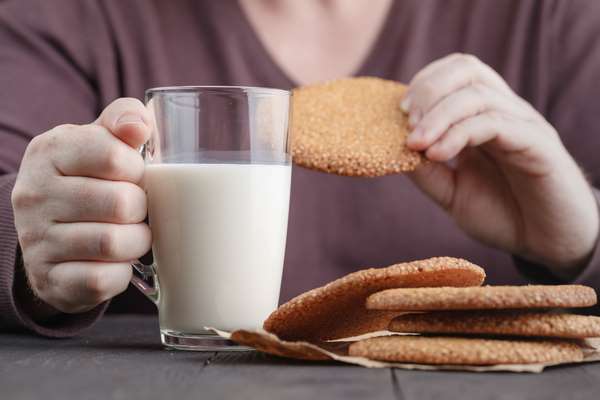A study conducted by Oxford University and Cancer Research UK has demonstrated that drinking one glass of milk daily can reduce the risk of bowel cancer by 17%, highlighting milk’s protective role in cancer prevention.

Milk’s preventative effects are attributed to its high calcium content, which binds harmful substances in the gut and promotes eliminating abnormal cells. Additionally, milk contains vitamin D and lactose, which contribute to intestinal health. Lactose stimulates the growth of beneficial gut bacteria, which produce short-chain fatty acids that help reduce inflammation in the intestinal lining. Notably, these benefits are observed regardless of the type of milk consumed—whether whole, semi-skimmed, or skimmed.
The study’s findings emphasize the independent role of milk in reducing bowel cancer risk, irrespective of other dietary or lifestyle factors. However, individuals with lactose intolerance or milk allergies may need alternative calcium and vitamin D sources to achieve similar protective effects. Professional medical advice is recommended in such cases to tailor dietary strategies.
This research underscores the profound impact of small dietary changes on long-term health, particularly in preventing chronic diseases such as cancer. The role of nutrition in disease prevention continues to be a crucial area of study, offering practical insights for public health.
Important Note: While these findings provide valuable insights, individual responses to dietary changes may vary. It is essential to consult a healthcare provider for personalized health recommendations.






